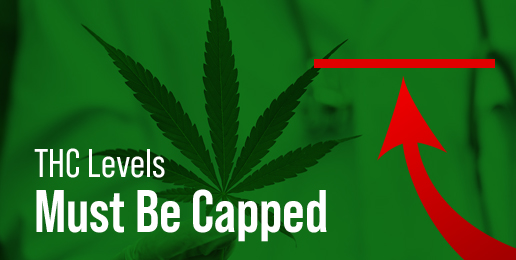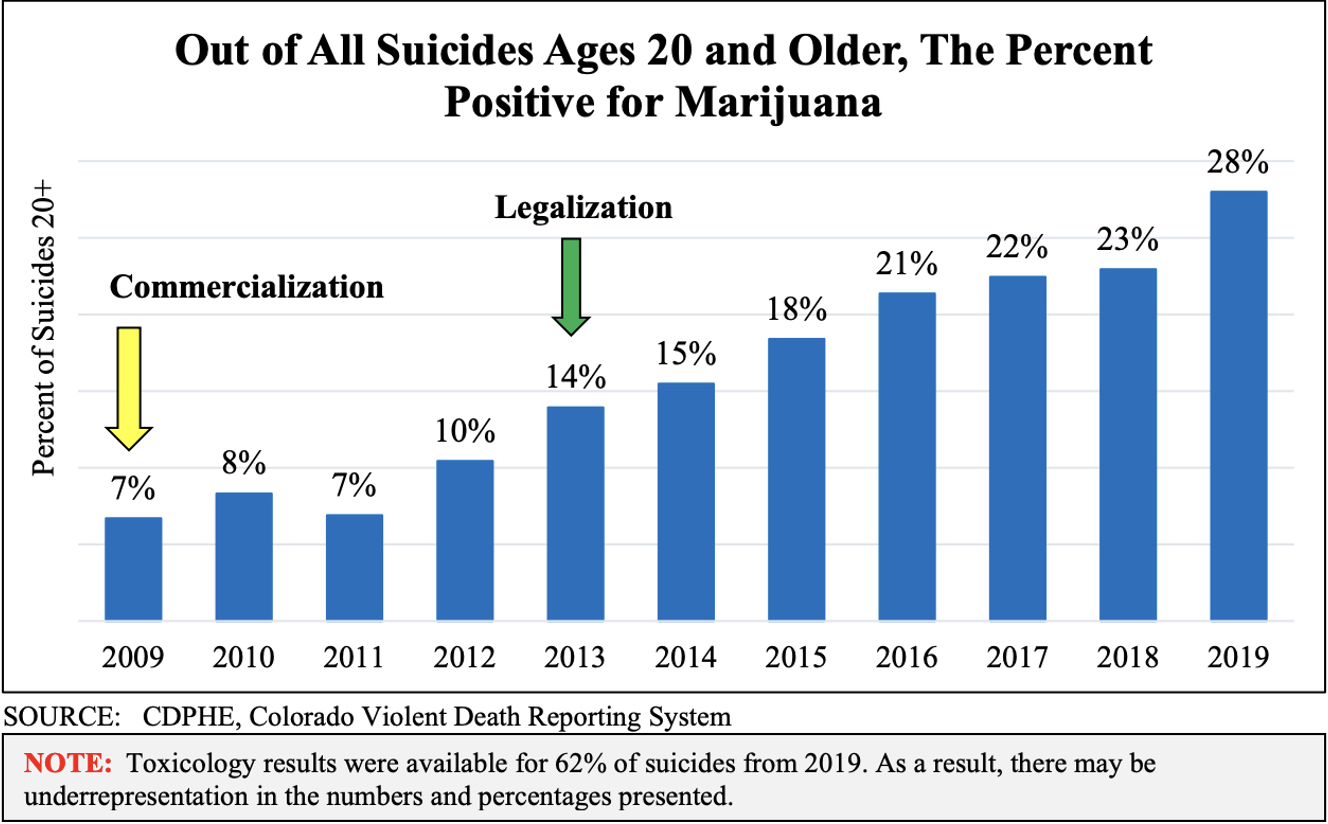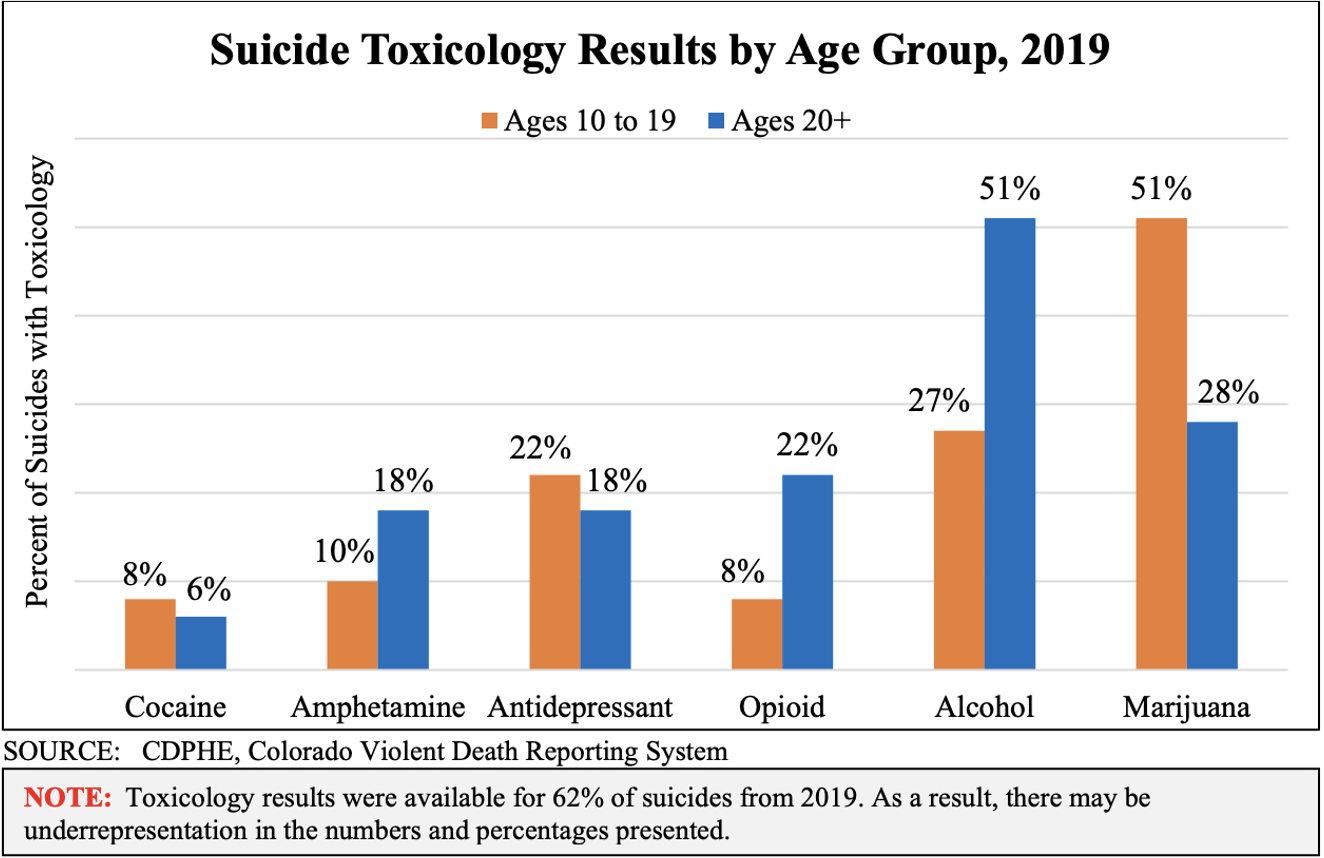
A bi-partisan group of State Representatives recently filed HR 700 at the Capitol in Springfield.
This resolution calls for a cap on THC levels in retail marijuana. We are working the Illinois House members in hopes that we can better educate them on the consequences of high potency marijuana in our state.
Although a hearing has yet to be scheduled, resolutions, unlike bills, don’t have deadlines.
The original version was significantly longer. We have included a link so that you can read about the well-documented dangers of high-potency marijuana.
Our hopes for HR 700’s are as follows:
1.) That it will gather enough support to pass and eventually, through legislation, lead to a cap on THC levels in alignment with the Illinois State Medical Society recommendations.
2.) That it will educate lawmakers so they will consider putting a stop to the ongoing expansion of the illicit drug industry in general.
At least 10 bills have been introduced this session alone to grow Big Marijuana’s trade in one way or another here in Illinois.
And if that’s not bad enough, other legislation has been filed that would decriminalize psychedelics, such as magic mushrooms and LSD, and actually create “service centers” and “overdose prevention sites” where people can go to get high.
Every Illinois lawmaker should answer these questions before voting on any bill:
1.) Is this bill in the best interest of Illinois families?
2.) Will it hurt Illinois families in any way?
BACKGROUND
Tetrahydrocannabinol (THC) is the psychoactive component of marijuana. Over the last 50 years or so, growers have found ways to increase its potency.
The marijuana of the 60’s and 70’s contained around 1-3 percent THC. Today it’s at 18-23 percent and even more. Concentrates can reach 90-95 percent.
There’s a vast difference between today’s marijuana and that of 50 years ago.
Marijuana is big money.
Total dispensary sales in Illinois in 2023 were $1,586,117,497.82. Illinois took in $420,889,710.45 in tax revenues from marijuana in 2023.
What this evidence suggests is that a lot of people in Illinois are getting intoxicated, and many of them are likely getting behind the wheel of a vehicle high. This should be deeply troubling to us all.
Today’s high-potency marijuana has been found to be more addictive than its lower-potency counterparts and is associated with severe mental health problems such as schizophrenia and psychosis.
The renowned medical journal The Lancet Psychiatry concluded that using products with 15 percent THC or higher triples the risk of psychosis, and daily use of such products quintuples that risk.
At least 56 scientific studies have confirmed the link between high-potency marijuana and psychosis, including a 2020 study published in the Journal of American Medicine.
There’s great concern, and rightfully so, over the number of adolescents and teens who use regularly. Sadly, that number is growing.
According to the Substance Abuse and Mental Health Services Administration, the number of users ages 12 and older who reported daily or almost daily marijuana use increased from 6.2 million in 2009 to 13.8 million in 2019.
There’s evidence that regular marijuana use in adolescents can result in a loss of IQ points.
A large longitudinal study in New Zealand found that persistent marijuana use disorder with frequent use starting in adolescence was associated with a loss of an average of 6 or up to 8 IQ points measured in mid-adulthood.
The same study found that those who used marijuana heavily as teenagers and quit using as adults did not recover the lost IQ points.
The Rocky Mountain High Intensity Drug Trafficking Area has tracked the impact of marijuana legalization in Colorado since commercialization in 2009 and legalization in 2013.
Their last Impact Report, in 2021, showed marijuana was tied with alcohol as being the most prevalent drug in toxicology reports from completed suicides ages 10 to 19.
This is beyond horrific!
Toxicology results were available for only 62 percent of suicides in 2019, so the numbers are likely underrepresented.
In the following chart, suicides where THC was present have increased steadily since commercialization and legalization.

IFI believes that legalization and further expansion of the marijuana retail industry, which has continued each subsequent year since legalization (2019), is a very serious threat to our state and especially to our youth.
It’s our hope that lawmakers will come to this conclusion as well.
TAKE ACTION: Click HERE to email your state representative. Urge them to co-sponsor and/or support HR 700, calling for a cap on THC levels in retail marijuana.


























